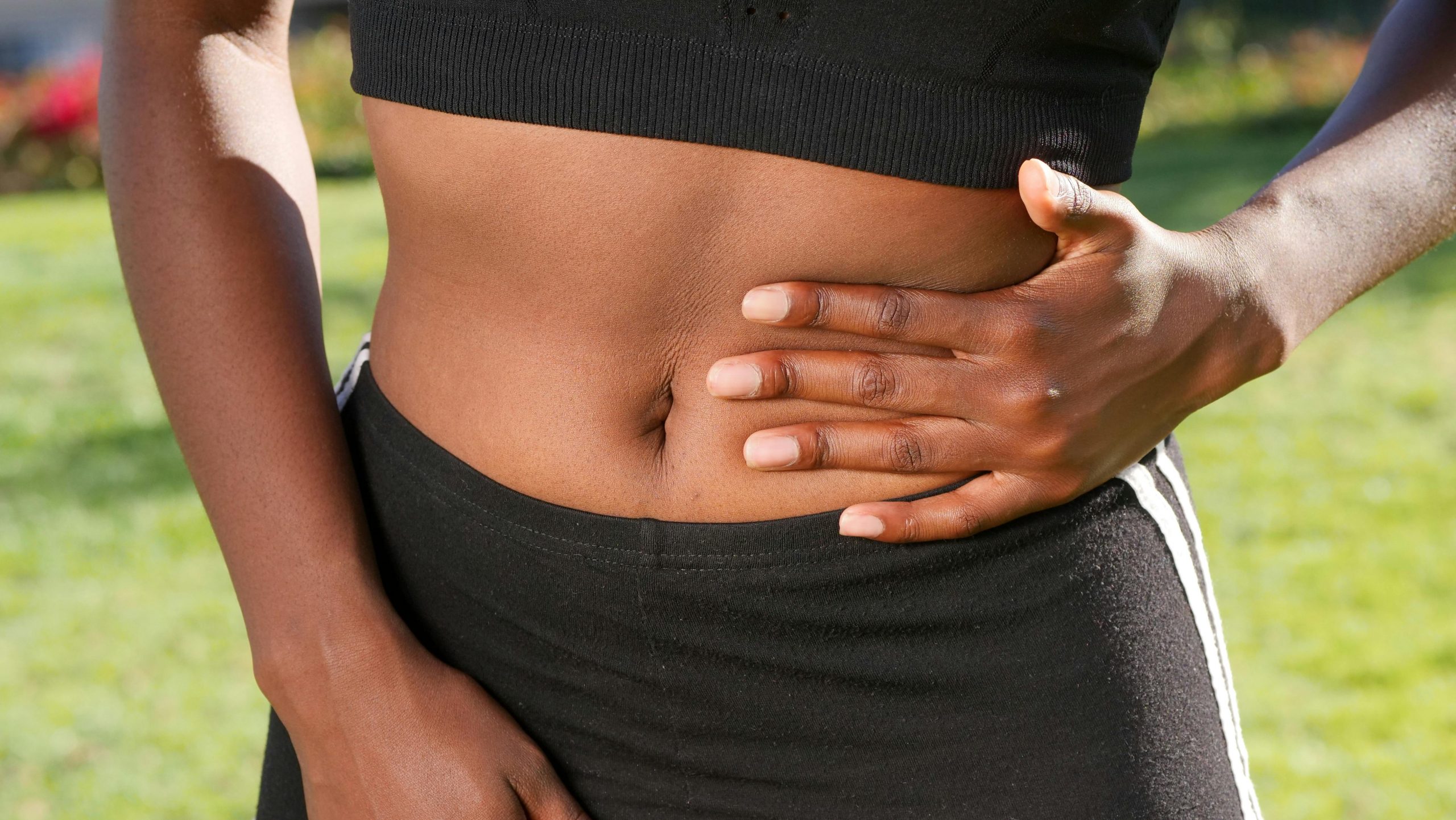Disclaimer: This website provides health information for educational purposes only and is not a substitute for professional medical advice, diagnosis, or treatment. Always seek the guidance of a qualified healthcare provider with any questions you may have.
Many people have the habit of lying down after eating, whether it’s to relax, watch TV, or even take a nap. However, there’s a popular belief that this practice might contribute to weight gain. So, does lying down after eating make you fat? Let’s dive into the science behind digestion, metabolism, and weight gain to understand how this habit might affect your body.
This article will cover the potential consequences of lying down after meals, its effect on digestion, metabolism, and whether it contributes to fat storage. By the end, you’ll have a clearer picture of whether this common habit is something you need to reconsider in your daily routine.
- How Digestion Works
- The Effects of Lying Down After Eating
- 1. Slower Digestion
- 2. Acid Reflux and Heartburn
- 3. Increased Risk of Overeating
- 4. Metabolism and Energy Use
- Does Lying Down After Eating Contribute to Weight Gain?
- Health Risks of Lying Down After Eating
- 1. Increased Risk of Gastrointestinal Issues
- 2. Sleep Disruption
- Healthy Habits for Post-Meal Relaxation
- 1. Take a Walk
- 2. Sit Upright and Relax
- 3. Engage in Light Activities
- Conclusion
How Digestion Works

To understand how lying down affects your body, it’s important to first understand how digestion works. When you eat, your stomach breaks down the food into nutrients and energy your body can use. This process involves enzymes, acids, and muscle contractions. Your body then absorbs the nutrients and sends the waste products to your intestines.
The digestive process works best when you are in an upright position. Gravity helps food move smoothly through your digestive tract, making the entire process more efficient. When you lie down after eating, this natural flow of digestion is slightly disrupted, but does this lead to weight gain? Let’s explore further.
The Effects of Lying Down After Eating
While lying down after eating doesn’t directly cause weight gain, it can have a few negative effects on your digestion and metabolism.
1. Slower Digestion
Lying down immediately after a meal can slow down your digestive system. Gravity helps food travel through your stomach and intestines, but when you recline, this process can be less efficient. This might lead to bloating, discomfort, and even indigestion. While these effects don’t directly cause fat storage, they can make you feel sluggish and uncomfortable.
2. Acid Reflux and Heartburn
One of the most common problems associated with lying down after eating is acid reflux, also known as heartburn. When you lie flat, stomach acid can travel back into the esophagus, causing discomfort. Over time, frequent acid reflux can lead to other health issues, but it doesn’t directly affect fat storage. However, the discomfort could make you less likely to engage in physical activity, which could indirectly impact your ability to maintain a healthy weight.
3. Increased Risk of Overeating
After eating a large meal, you might feel the urge to relax, and it’s easy to think that lying down will make you feel better. However, lying down can lead to an increased desire to continue snacking or overeating, which could contribute to weight gain over time. If you’re not moving around and staying active, the excess calories you consume may not be burned off, leading to fat storage.
4. Metabolism and Energy Use
Your metabolism works best when you stay active. When you’re lying down, your energy expenditure decreases, and your body isn’t actively burning calories. While this doesn’t directly cause weight gain, a sedentary lifestyle can reduce the number of calories your body burns, potentially contributing to fat storage over time. This is one of the reasons why it’s important to stay active and avoid lounging around immediately after meals.
Does Lying Down After Eating Contribute to Weight Gain?
So, does lying down after eating make you fat? The short answer is no, but there are several indirect factors to consider. Lying down after eating doesn’t cause fat to be stored directly. However, it can slow down digestion, increase the likelihood of acid reflux, and reduce your energy expenditure—all of which can impact your weight loss efforts over time.
If you consistently lie down after eating large meals and don’t engage in physical activity, you may be more likely to gain weight due to a combination of factors. But if you’re mindful of portion sizes, stay active during the day, and avoid lying down immediately after meals, this habit won’t lead to significant weight gain.
Health Risks of Lying Down After Eating
Aside from weight gain concerns, there are other health risks associated with lying down after meals. While they might not directly cause fat accumulation, they can still impact your overall well-being.
1. Increased Risk of Gastrointestinal Issues
Lying down after eating can increase your risk of developing gastrointestinal issues like bloating, constipation, or even diarrhea. When you remain upright, your digestive system functions more efficiently. Lying down can disrupt this process, leading to discomfort and digestive problems. Chronic digestive issues can also lead to an unhealthy relationship with food and may affect your eating habits in the long term.
2. Sleep Disruption
Lying down right after a large meal can also interfere with your sleep. If your body is still digesting a big meal, it may not be able to fully relax, leading to restless sleep or even insomnia. Poor sleep quality can disrupt your metabolism, increase hunger hormones, and affect your ability to make healthy food choices the next day, all of which could contribute to weight gain in the long term.
Healthy Habits for Post-Meal Relaxation
If you’re looking for ways to relax after eating without lying down, here are some healthy alternatives:
1. Take a Walk

Going for a light walk after meals can improve digestion, help prevent bloating, and aid in the absorption of nutrients. A short stroll (10-15 minutes) can also prevent any discomfort caused by lying down and increase your circulation.
2. Sit Upright and Relax
Instead of lying down, try sitting upright in a comfortable chair or on a supportive cushion. This position helps support the digestive process and prevents the uncomfortable feeling of heaviness that comes with reclining.
3. Engage in Light Activities
If you’re not up for walking, you can engage in light activities like reading, watching TV, or having a conversation. These activities keep you relaxed but don’t interfere with your digestion or overall health.
Conclusion
In conclusion, lying down after eating does not directly make you fat. However, it can affect your digestion, metabolism, and overall health in ways that might make weight management more challenging. To maintain a healthy weight and promote good digestion, it’s important to stay active after meals, avoid lying flat immediately, and choose lighter, healthier meals. By following these tips and being mindful of your post-meal habits, you can improve your overall well-being and reduce the likelihood of weight gain in the long run.




